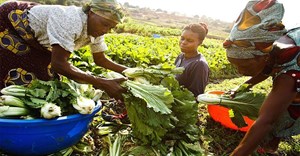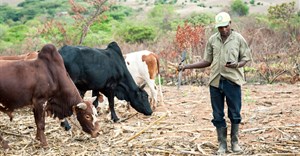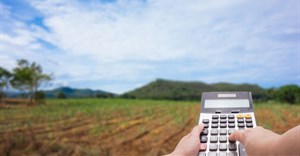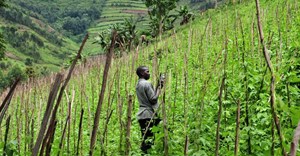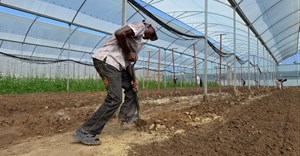Value chains boost water security, SME growth
Avocado Vision's Green Business Value Chain (GBVC) is implementing the process, operating in partnership with the Department of Environment, Forestry and Fisheries (DEFF), environmental organisations and corporates, and is currently working with 120 SMMEs in seven selected locations around the country, developing opportunities for effective clearing of invasive species and sustainable value-adding prospects.
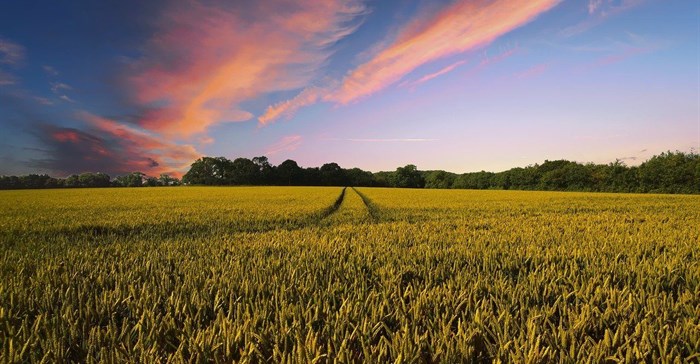
The value chain development programme entails:
• Mapping locations where vast forests of IAPs have resulted in rivers drying up, grasslands destroyed, and livelihoods such as cattle farming have been impacted
• Working with local communities to identify, select and train local entrepreneurs to be efficient business owners
• Ensuring the effective removal of invasive alien plant species by the business owners and their trained workers
• Identifying the most suitable quality and value-added products that the different IAP biomass can be converted into – charcoal, timber, furniture, artwork, pulp, paper, firewood, mining and construction poles – and creating micro industries at source to produce the products
• Working with local and international business partners to buy, market, and distribute the products.
Various Clear to Grow projects are currently at different stages of progress in:
• Gauteng (Cradle of Humankind, Bronkhorstspruit, Diepsloot, Tembisa, Pretoria),
• Umzimvubu catchment in Eastern Cape and southern KwaZulu-Natal on communal, private and government land (Matatiele, Cedarberg, Makhoba, Colana and Sibi),
• Western Cape (Breede River and Riviersonderend catchments),
• Limpopo (Polokwane and surrounds),
• Free State (Ficksburg, Clarens and surrounds),
• North West (Rustenburg and surrounds), with several more in the pipeline.
Henry Sebata, MD of Avocado Vision, says that maintaining excellence throughout the value chain is an ongoing intense process of in-depth research, trial and error, with increments of success.
"We are seeing tangible results throughout the value chain – the restoration of grasslands, rivers flowing again, the opportunity for rural communities to increase their cattle herds, as well as real value-adding options for the invasive biomass that include eco-friendly charcoal, furniture, mining and construction poles, fencing, and other products. It’s early days in the process and there’s a lot more to be done."
The IAP problem in South Africa is huge. About 200 species are regarded as invasive, severely impacting water security in South Africa, which is a water scarce country. It’s estimated that 6% of South Africa’s freshwater is taken by invasive alien plants, which suggests that had there been no IAPs in the Western Cape, the chances are good that most of the province would not have battled a severe water shortage during the three-year drought and a ticking clock to Day Zero in early 2018.
According to the Department of Environment, Forestry and Fisheries’ estimates, at least 10 million hectares of land in South Africa have been invaded by IAP species with an annual water use of around 3.3 million m3 each year (3.3 billion litres). IAPs also seriously damage ecosystems and the productive use of land.
Ensuring greater value-chain success
Although removing invasive species has been a Department of Environment, Forestry and Fisheries Working for Water programme since 1995 at a current cost of about R1.8bn per year, challenges exist that have hampered progress, "many of which are directly related to limited or no training processes of small business contractors," notes Sebata.
"Creating a value-adding chain where local rural and peri-urban communities benefit directly, combined with targeted and relevant training at every stage, are key steps to ensuring greater success throughout the value chain."
And the success stories – slow but sure – are growing daily and are encouraging, primarily, says Sebata, through a strong base of partnerships. GBVC’s partners in the Clear to Grow programme include the DEFF, the Forest Stewardship Council (FSC), a globally recognised organisation that offers forest management solutions and forest certification and which is monitoring the GBVC SMEs’ IAP clearing and value-adding operations, CMO, which works closely with FSC and is auditing Clear to Grow’s SMEs, local tribal authorities in the areas where they hold responsibility for the land, enabling NGOs in the landscapes and importantly, the hard-working entrepreneurs and their workers.
Expanding environmental ecosystems
"These partnerships are contributing to a move away from a silo mindset that has been prevalent in this environmental sector, and are bringing us closer to our aim to drive a strong invasive biomass economy by boosting demand for invasive biomass right through the value chain," he says.
"This in turn will accelerate the eradication of invasive trees, encourage growth of SMEs which are part of the value chain process, and strengthen South Africa’s water security. It’s a win-win-win situation at every level, and we cannot afford to miss these opportunities."
Sebata says GBVC is constantly networking and building relationships with potential partners throughout the value chain, and particularly with corporates that recognise the great value of using products manufactured from invasive biomass. Nando’s, for instance, has embraced the use of wood from invasive trees for furniture and artwork in its outlets, and retailers are increasingly committed to selling only eco-friendly charcoal produced from IAP biomass.
"The wood of many invasive species is beautiful, functional, and extremely valuable in terms of what its usage means to the wider economy and ecosystems in South Africa, and we welcome opportunities to work with organisations and businesses that embrace the value of a greener future," says Sebata.








